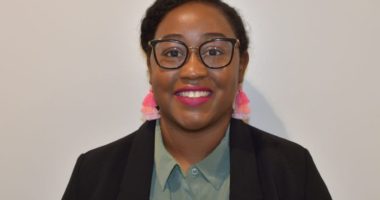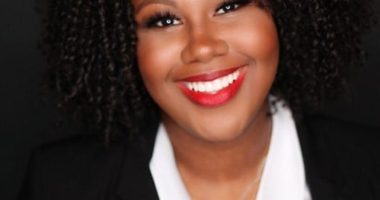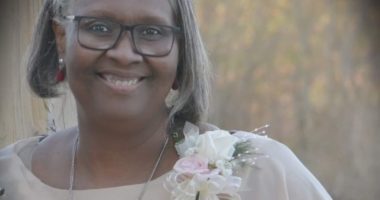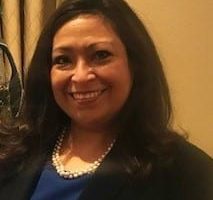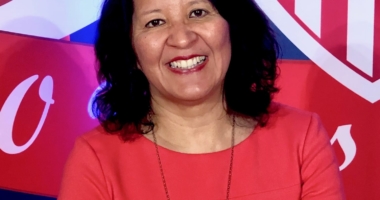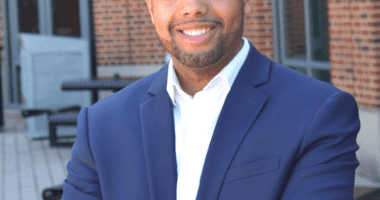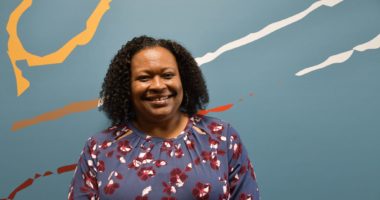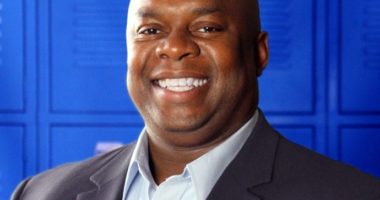Profiles in Education Equity: Steve Smith, Executive Director, Black Education Strategy Roundtable
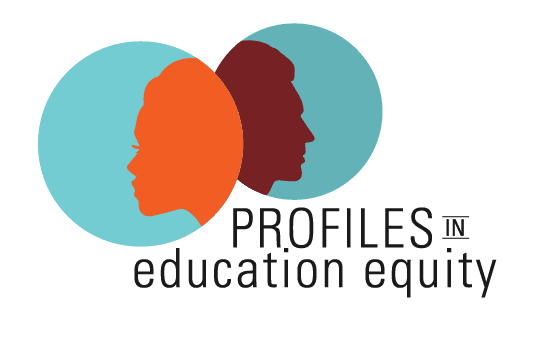 For years, Steve Smith has been an active member with K-12 and higher educational initiatives at regional and statewide levels to improve the educational outcomes of students in Washington state. In 2017, he became the first executive director of the Black Education Strategy Roundtable (BESR).
For years, Steve Smith has been an active member with K-12 and higher educational initiatives at regional and statewide levels to improve the educational outcomes of students in Washington state. In 2017, he became the first executive director of the Black Education Strategy Roundtable (BESR).
Smith also served as the Executive Director of the College Success Foundation’s Tacoma, Washington office, supporting the educational success of underrepresented middle and high school students. He co-facilitated the Tacoma College Support Network, a collaborative collective impact organization that worked to ensure graduating high school students had plans for their postsecondary vocational, military, or college education.
How do you advance education equity in Washington state?
The Black Education Strategy Roundtable uniquely focuses on learning outcomes for Black students in Washington state. Black students represent 4 percent of our K-12 student population, and they continue to be at the bottom in terms of achievement and opportunity. With our singular focus on Black students, we are raising awareness about the urgent needs of Black students. We are also gathering members from across the Black community, to inform, educate and empower to be advocates and agents on behalf of Black students in their local school districts and with state level agencies and our legislature.
What do you think are the most pressing education equity issues right now?
While there are many pressing education equity issues to address, it is imperative that we have teachers and principals who are culturally responsive to the needs of Black students, and who are excellent educators for all students. We address this challenge by focused review of data, and ensuring that school districts and the state are providing accurate and useable data.
How has the equity landscape changed in Washington state since you’ve been doing this work?
We are seeing improved graduation rates across the state. In one of my regional school districts, the Black student high school graduation rate exceeds the graduation rates of all students. However, the rigor and quality of the high school diploma must be improved. Black student success at two-year and four-year postsecondary institutions is at or near the bottom of student data.
What’s next for BESR?
Right now, one of the most pressing education equity issues is developing a high-quality corps of teachers and principals who are culturally responsive to the needs of Black students. In addition to addressing this challenge, BESR will support the election and appointment of culturally responsive and racially representative policymakers, which is critical to systemic change in our educational system. Policymakers are critical to setting policies and practices that support the success of Black students and raise the bar for all students.
What’s your favorite quote? Why?
“Dare to Struggle. Dare to Win. No Exit.” These statements are part of the email signature block of my board chair, Lyle Quasim. For over 30 years, he has been a voice for justice, equity, and empowerment in our community. It inspires me to persist in this work. It challenges me to do more. It keeps me in the fight.

